Filter by
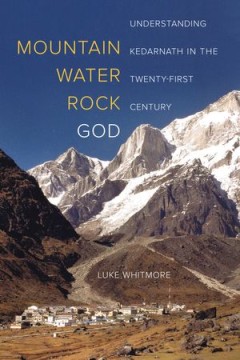
Mountain, Water, Rock, God
In Mountain, Water, Rock, God, Luke Whitmore situates the disastrous flooding that fell on the Hindu Himalayan shrine of Kedarnath in 2013 within its broader religious and ecological contexts. For centuries, the enmeshing of Shiva with the Himalayan environment has animated how Hindus conceptualize and experience Kedarnath. The floods publicly affirmed the fundamentally Himalayan and Shiva-orie…
- Edition
- -
- ISBN/ISSN
- 9780520970151
- Collation
- -
- Series Title
- -
- Call Number
- -
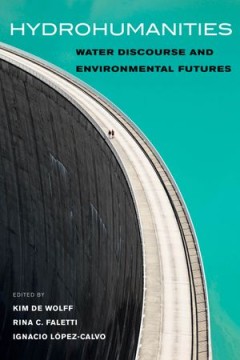
Hydrohumanities
A free open access ebook is available upon publication. Learn more at www.luminosoa.org. Discourse about water and power in the modern era have largely focused on human power over water: who gets to own and control a limited resource that has incredible economic potential. As a result, discussion of water, even in the humanities, has traditionally focused on fresh water for human use. Today, cl…
- Edition
- -
- ISBN/ISSN
- 0520380460, 9780520380462
- Collation
- -
- Series Title
- -
- Call Number
- -
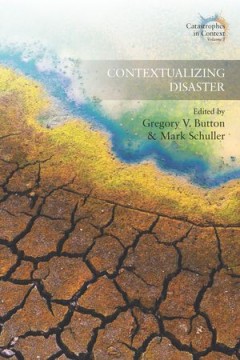
Contextualizing Disaster
Contextualizing Disaster" offers a comparative analysis of six recent highly visible disasters and several slow-burning, hidden, crises that include typhoons, tsunamis, earthquakes, chemical spills, and the unfolding consequences of rising seas and climate change. The book argues that, while disasters are increasingly represented by the media as unique, exceptional, newsworthy events, it is a m…
- Edition
- -
- ISBN/ISSN
- 9781785332807
- Collation
- -
- Series Title
- -
- Call Number
- -
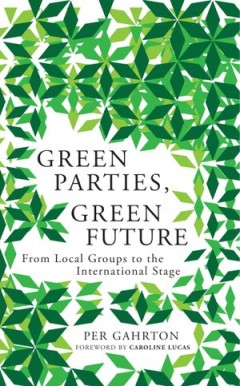
Green Parties, Green Future
Over the past four decades the world has seen a 'green awakening'. Green parties have been elected to parliaments and councils all over the world. A common set of environmental priorities have been promoted by green internationalisation and these parties are playing an increasing role at all levels of political decision-making. Will this awakening continue or will the greens be corrupted by pow…
- Edition
- -
- ISBN/ISSN
- 9780745333458
- Collation
- -
- Series Title
- -
- Call Number
- -
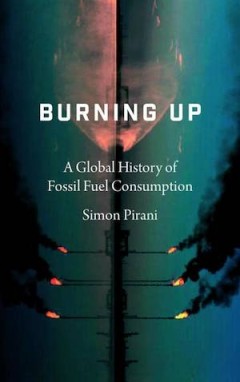
Burning Up
Coal, gas and oil have been capitalism's main fuels since the industrial revolution. And yet, of all the fossil fuels ever consumed, more than half were burned in the last 50 years. Most alarming of all, fossil fuel consumption has grown fastest in the last three decades, since scientists confirmed that it is the main cause of potentially devastating global warming. In Burning Up, Simon Pirani …
- Edition
- -
- ISBN/ISSN
- 9781786803122
- Collation
- -
- Series Title
- -
- Call Number
- -

A Perfect Storm in the Amazon Wilderness: The Conventional Economy and the Dr…
Vital reading for all those interested in the conservation of the world’s most important ecosystem. In a lucid style backed by encyclopaedic knowledge, Killeen unpicks the extremely complex ecological and socio-political threads that comprise the recent history and the vital future of the Pan Amazon region. The fight to save the Amazon is a fight for sustainability that is emblematic of the e…
- Edition
- -
- ISBN/ISSN
- 9781912186631
- Collation
- -
- Series Title
- -
- Call Number
- -
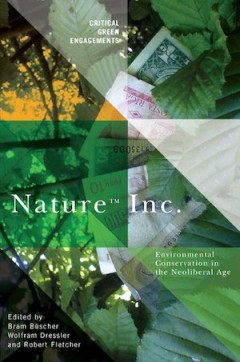
Nature Inc.
With global wildlife populations and biodiversity riches in peril, it is obvious that innovative methods of addressing our planet’s environmental problems are needed. But is “the market” the answer? Nature™ Inc. brings together cutting-edge research by respected scholars from around the world to analyze how “neoliberal conservation” is reshaping human–nature relations.
- Edition
- -
- ISBN/ISSN
- 9780816530953
- Collation
- -
- Series Title
- -
- Call Number
- -
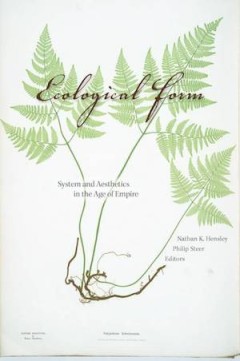
Ecological Form
Hensley and Steer look to join the conceptual tools of contemporary ecocriticism with the rich archive of nineteenth century thinking about imperial and ecological intertwinement. This collection of essays draws on that archive to demonstrate the relevance of Victorian thought for current theory and practice. Ecological Form argues that ecology, the empire, and literary thinking were inseparabl…
- Edition
- -
- ISBN/ISSN
- 9780823282128
- Collation
- -
- Series Title
- -
- Call Number
- -
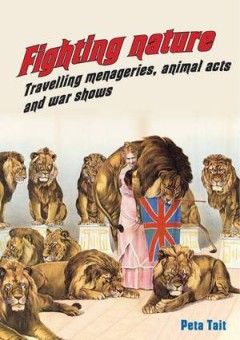
Fighting Nature
Fighting Nature is an insightful analysis of the historical legacy of 19th century colonialism, war, animal acquisition and transportation. This legacy of entrenched beliefs about the human right to exploit other animal species is yet to be defeated. Throughout the 19th century animals were integrated into staged scenarios of confrontation, ranging from lion acts in small cages to large-scale r…
- Edition
- -
- ISBN/ISSN
- 9781743325001
- Collation
- -
- Series Title
- -
- Call Number
- -
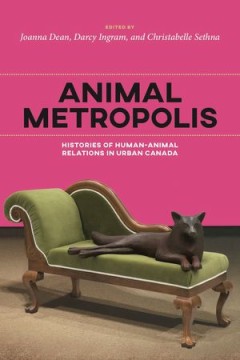
Animal Metropolis
Animal Metropolis brings a Canadian perspective to the growing field of animal history, ranging across species and cities, from the beavers who engineered Stanley Park to the carthorses who shaped the city of Montreal. Some essays consider animals as spectacle: orca captivity in Vancouver, polar bear tourism in Churchill, Manitoba, fish on display in the Dominion Fisheries Museum, and the racia…
- Edition
- -
- ISBN/ISSN
- 9781552388655
- Collation
- -
- Series Title
- -
- Call Number
- -
 Computer Science, Information & General Works
Computer Science, Information & General Works  Philosophy & Psychology
Philosophy & Psychology  Religion
Religion  Social Sciences
Social Sciences  Language
Language  Pure Science
Pure Science  Applied Sciences
Applied Sciences  Art & Recreation
Art & Recreation  Literature
Literature  History & Geography
History & Geography